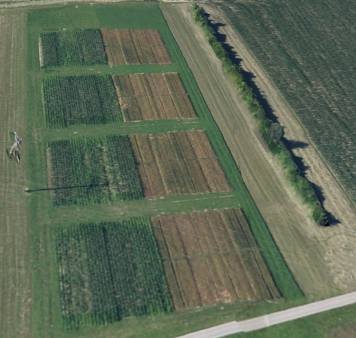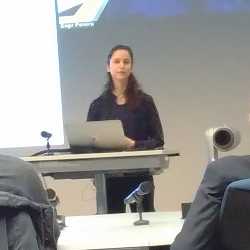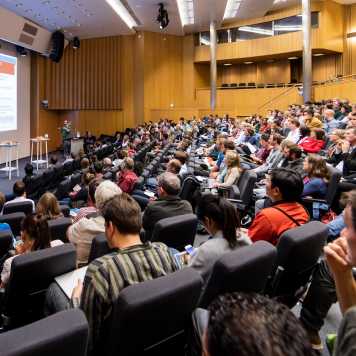NORGS
A Comprehensive Examination of Nitrogen Cycling and Microbial Communities within Soil Microenvironments in Integrated Organic Farming Systems in Switzerland
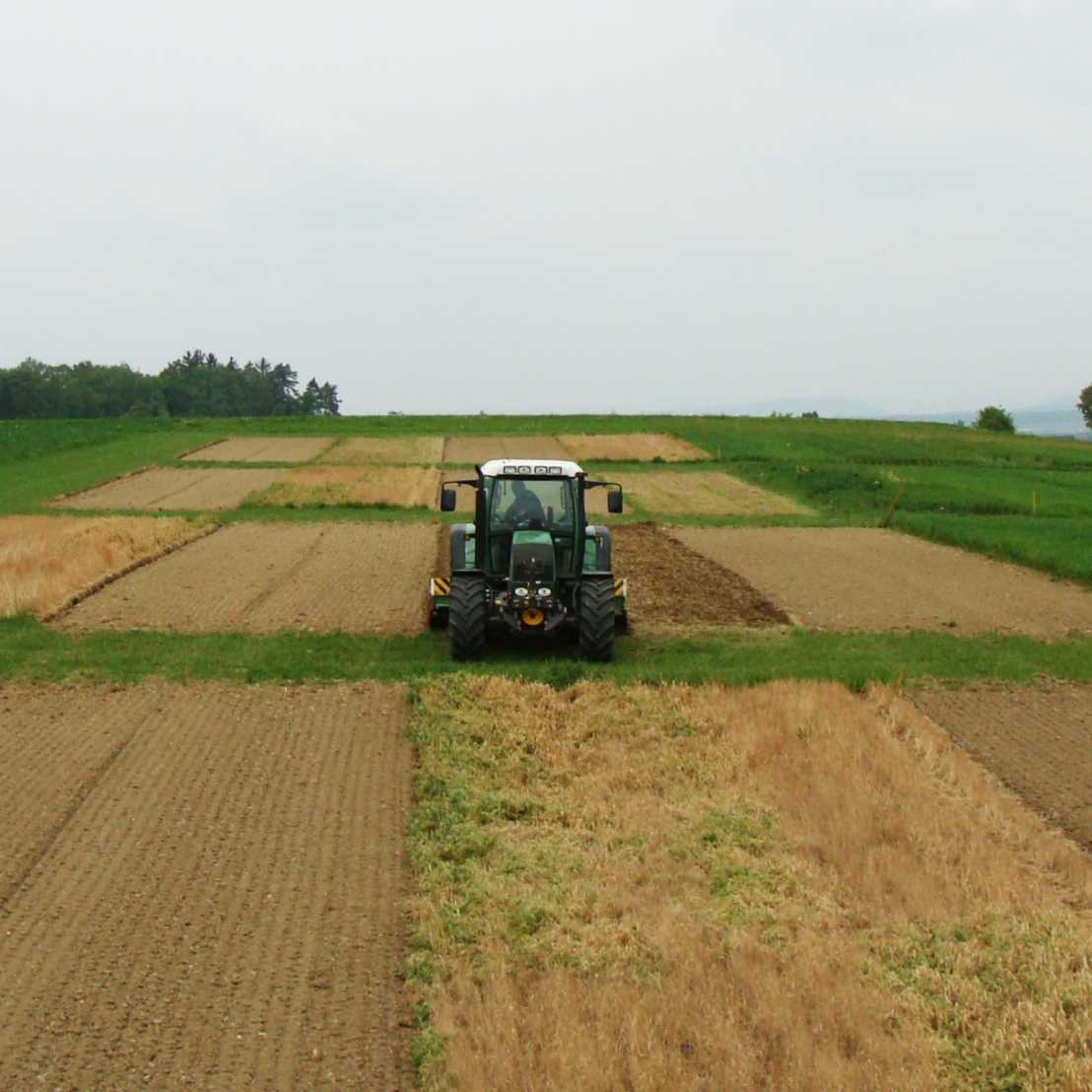
Project Start: 2014
Principal Investigator: Prof. Johan Six, Sustainable Agroecosystems
Co-Investigator: Dr. Marcel van der Heijden, Agroscope
Contact: Prof. Johan Six
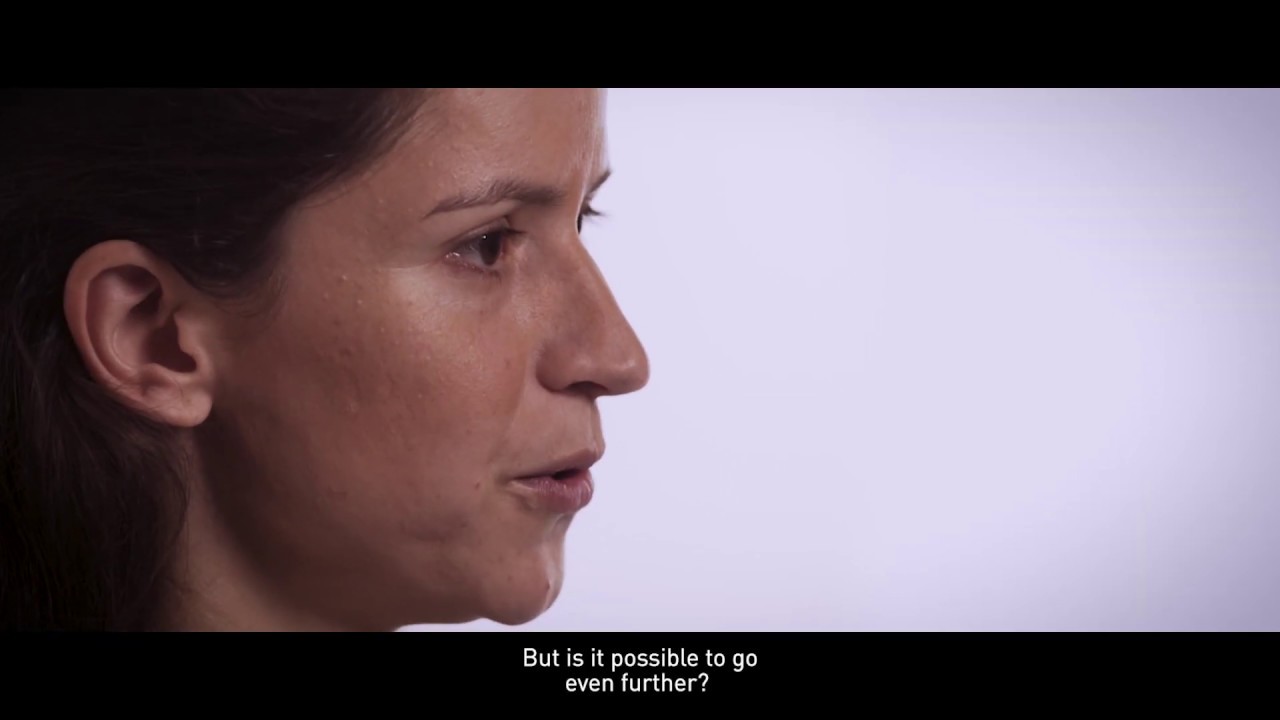
Traditionally, organic farming uses conventional tillage practices for weed control, even though tillage has numerous negative effects for soil and promotes nitrogen losses. The objective of the project is to improve understanding of management practices on soil structure, using a field trial combining organic and conventional crop management with different intensity levels of tillage.
The benefits of conservation tillage include reducing soil erosion, preserving soil structure, maintaining soil biota, and stabilizing soil organic matter, but weed control forms a challenge. Hence, there is an ongoing body of research investigating the feasibility of integrating fast growing cover crops with conservation tillage as a potential best management strategy in organic systems, herein referred as “integrated organic systems”(iOS). However, it is unknown how iOS practices affect nitrogen (N) availability, stabilization, and losses. Thus, the global objective of this research is to elucidate how conservation tillage and different cover crop types regulate overall N cycling, by altering N losses and availability in iOS. We will capitalize on an existing field experiment at Agroscope Reckenholz -Tänikon (ART), which investigates combinations of cover crop type and tillage intensity in terms of agronomic and ecological services. Based on field sampling, we will examine N transformations by using state-of-the-art approaches such as 15N stable isotope techniques, newly developed physical fractionation methods, and quantitative functional gene assays (amoA, nirK, nirS, and nosZ) to reveal the role of microorganisms in N cycling across different soil microenvironments and at the systems scale. Upon completion of this study that integrates various areas such as soil science, microbial ecology, agronomy and biogeochemistry, we will be able to clarify the impacts of organic alternatives on ecosystem function as regulated by soil, plant, and microbial interactions and contribute to the development of strategies for sustainable agroecosystem management.
Publication in Applied Soil Ecology (2019)
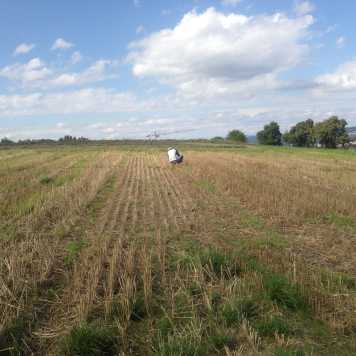
external pageSoil microhabitats mediate microbial response in organic reduced tillage croppingcall_made by V. Loaiza Puerta et al.
Publication in Soil and Tillage Research (2018)
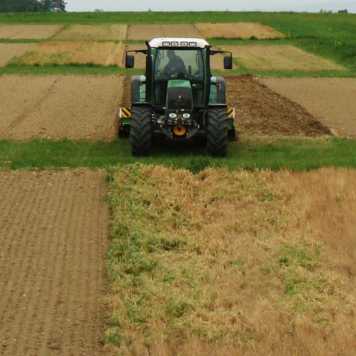
external pageImprovement of soil structure through organic crop management, conservation tillage and grass-clover leycall_made by V. Loaiza Puerta et al. Read more in WFSC News

